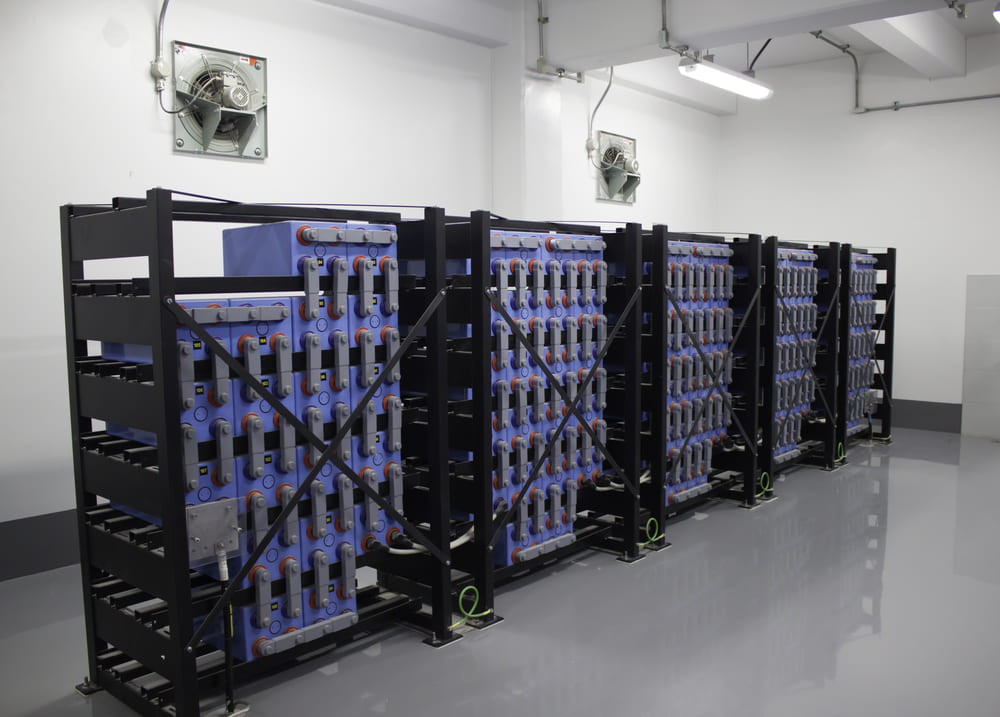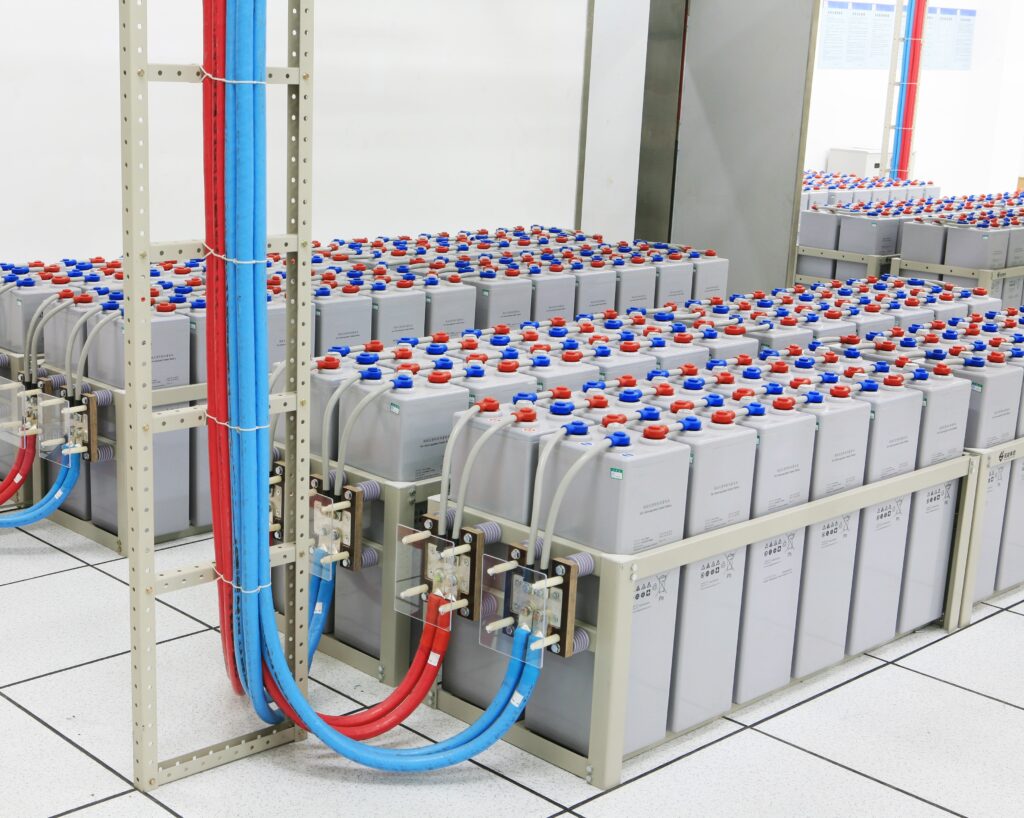Choosing the right battery for Uninterruptible Power Supply (UPS) systems is an important decision that facility and IT managers make. Failure to choose the right battery can potentially cause system downtime, equipment damage, or unanticipated cost overruns.
By providing backup power in the event of an outage, uninterruptible power supply ensures that critical systems remain operational. Before choosing a battery for your power needs, it’s important to consider all factors, including the specific application and required energy solutions.
Therefore, it is essential that you opt for the right battery chemistry and type.
Generally, there are two options available in the market – Lithium and Valve Regulated Lead Acid (VRLA). While lithium batteries are often touted for their high energy density, they may not always be the best energy solution for every application.
In this article, we will take a close look at the two choices and the factors that can help determine the best one for your particular requirements.
Lithium Batteries
Lithium batteries are known for their energy density and longer lifespan. They are commonly used in portable devices and electric vehicles. That being said, they are less suitable for some applications, such as UPS systems in data centres or manufacturing facilities.
Lithium battery maintenance and replacement can be complex, and this can adversely impact system uptime.
VRLA Batteries
For UPS systems, VRLA batteries have become a cost-effective and reliable choice due to their low maintenance requirement and long life expectancy of up to 15 years.
New VRLA technologies in the market have improved characteristics like extreme rate discharge, higher temperature operations, and deeper discharge capabilities for long service life. They are great value for smaller and medium-sized UPS systems that generally have a lower call for load transfer when compared to large scale or enterprise class data centres.
Power solutions are essential for ensuring the smooth operation of critical systems, and VRLA batteries are one of the top energy solutions used in uninterruptible power supply (UPS) systems.
While newer technologies are emerging, VRLA batteries still hold significant value due to their ability to perform under extreme temperatures, discharge at high rates, and maintain a long discharge period.
Consistently delivering reliable power is crucial in today’s technology-driven world, and VRLA batteries play a vital role in making that possible. As such, companies looking to secure their power supply should still consider VRLA batteries for their UPS systems.
Managing Thermal Runaway Events

Managing thermal runaway events in battery systems is vitally important. It highlights the significance of opting for the right battery management system (BMS) that can protect against any catastrophe. VRLA batteries are much easier to manage and generally less prone to thermal runaway than lithium batteries.
While lithium batteries can be more efficient, they come with their own set of risks, like the potential for a thermal runaway event. However, a VRLA thermal runaway event is a bit easier to manage, thanks to a compatible add-on Battery Management System.
With this added layer of protection, you can have peace of mind knowing you’re doing everything possible to prevent power outages and keep your systems running smoothly.
Choosing the Right Battery Type for UPS Application
While selecting a battery type for UPS systems, you must consider the system’s specific needs.
A VRLA battery is a cost-effective and reliable option for smaller and medium-sized UPS systems demanding less call for seamless load transfer. On the other hand, for larger, high-consequence applications, lithium batteries could be preferable due to their higher energy density and lower maintenance requirements.
Lithium batteries are often thought of as having a longer lifespan, but VRLA batteries are not to be dismissed. With a reliable life expectancy of 10-15 years, these batteries can still provide a stable and dependable uninterruptible power supply for a variety of different needs.
When looking for the right power solutions for your business, choosing the right battery can make all the difference in ensuring your energy needs are always met.
Conclusion

In conclusion, choosing the right battery type is of utmost importance when it comes to UPS systems. It is vital to consider the type of the system and the nature of uptime requirements that the system may demand. VRLA batteries are a reliable and cost-saving option with new technologies that can work seamlessly in many different settings.
Lithium batteries could be an effective option for larger and enterprise-level UPS systems requiring high power transfer and energy capacity. Choosing the right battery type for your specific requirements can alleviate the potential cost, risk, and headaches associated with system downtime and maintenance issues.
It’s important to take into account the specific needs of the system to ensure the most cost-effective solution. In many cases, VRLA batteries are the way to go, delivering consistent performance over the course of their lifetime. So, if you’re looking for energy solutions that won’t let you down, consider the benefits of VRLA batteries for your UPS application.
Choosing the right battery type for your system can be troublesome. That’s why it is always recommended to partner with an experienced battery supplier that can provide consultation and support.
EPT is one of the industry leaders delivering Critical Power and UPS Solutions in Perth, Western Australia, and Across Australia. Get in touch with us today and let us help you choose the right battery source for your unique application.